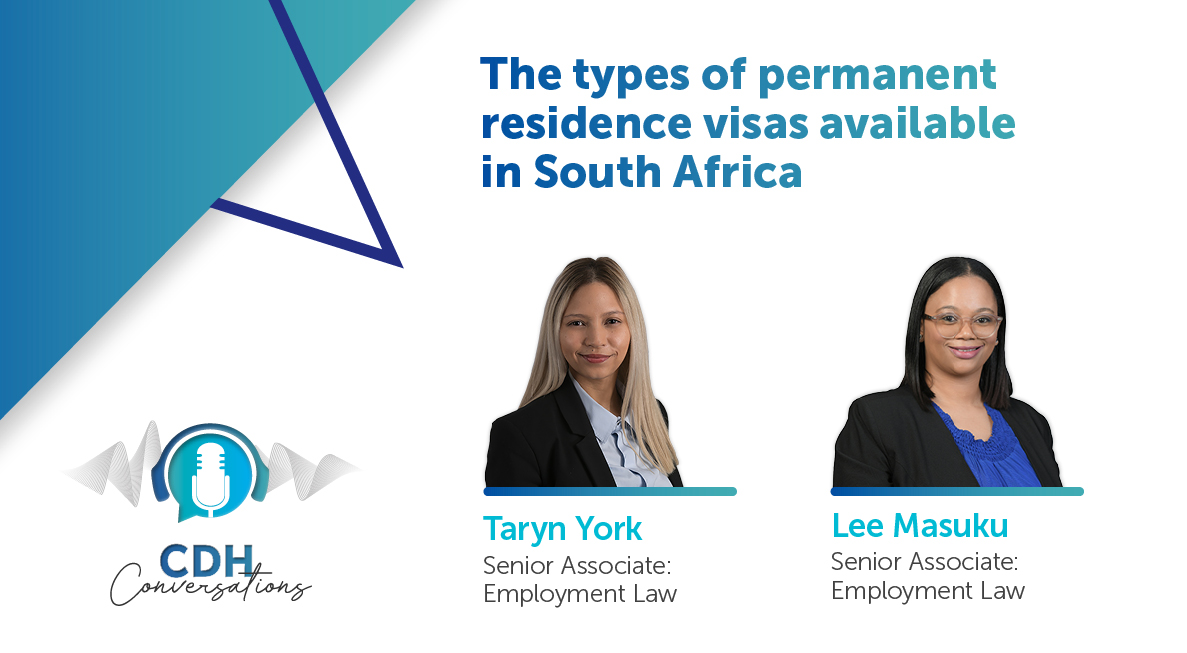System update: SARS no longer utilising IT14SD forms for corporate income tax verifications
This necessarily includes the collection of the proper amount of tax from various taxpayers. Part of the means at SARS’ disposal to ensure this is achieved, is requiring taxpayers to submit relevant information, augmented by data collected from third-party entities. A further mechanism at SARS’ disposal to ensure the information received is full and correct, are the investigatory powers granted to SARS under Chapter 5 of the Tax Administration Act 28 of 2011 (TAA).
A familiar part of the tax administration process for corporate taxpayers is the preparation and submission of a corporate income tax supplementary declaration form titled IT14SD (IT14SD). In this form, companies selected for verification by SARS are required to reconcile income tax, Value-Added Tax (VAT), Pay-As-You-Earn (PAYE) and Customs declarations after the submission of their corporate income tax returns.
With effect from 16 September 2022, SARS will no longer be issuing or accepting IT14SD forms. This includes IT14SD forms outstanding at that date, in which case the verification process will proceed under the new regime.
What is verification?
SARS’ verification procedure entails a face value assessment of what has been declared by the taxpayer in their tax returns, against other sources of information such as the supporting documents submitted by the taxpayer and third-party information collected by SARS. The overall intention being to ensure that the return accurately reflects the tax position, as evidenced by such supporting documents or third-party information.
SARS’ authority to conduct verifications of income tax returns is rooted in section 40 of the TAA, which empowers SARS to “select any person for inspection, verification or audit on the basis of any consideration relevant for the proper administration of a tax Act, including on a random or a risk assessment basis”.
Effect of the change
Previously, SARS would initiate the verification procedure by issuing a notice of verification of income tax return (Verification Notice) identifying the return which is subject to verification. This letter would set out the information sought for verification and the timeframes envisaged for the verification process.
A taxpayer that received a Verification Notice could opt to submit a revised income tax return for the relevant period (provided the specific requirements for such a resubmission were met) or to submit an IT14SD, along with any relevant supporting material requested.
The IT14SD would require the taxpayer to complete the schedules relating to the various tax types, indicating the various tax information required. For example with corporate income tax, taxpayers would be required to indicate the net profit/loss and calculated profit/loss for the year of assessment, as well as the applicable debit and credit adjustments, and thereafter where the reconciling differences exceed 1% of taxable profit/loss or R1,000, to provide details explaining the basis for such differences.
If the taxpayer fails to co-operate with the verification process, SARS could potentially issue a revised assessment based on the information at its disposal, which could in some instances result in the imposition of penalties.
The result following the completion of the verification process would depend on the outcomes of the process. Where no risks were identified then a notice of finalisation of verification would be issued. If grounds for a revised assessment were uncovered during the verification, SARS could potentially issue a revised assessment. Alternatively, if additional risks were identified SARS could then pursue an audit process.
The verification process now that SARS will no longer utilise the IT14SD, remains largely unchanged in the other respects. SARS will continue to issue a Verification Notice setting out the timelines. The taxpayer retains the ability to submit a request for correction, allowing the submission of a revised tax return. Similarly, the failure to comply with the process and potential outcomes of the verification remain the same.
The principal difference under the new verification regime is that in the Verification Notice SARS will now request specific supporting documents targeted at addressing the particular risks which were the underlying reason for taxpayer being selected for verification.
Although only a streamlined set of documentation will now be requested from the taxpayer, it is worth noting that the verification process will require the submission of a signed set of annual financial statements, and a detailed tax computation, accompanied by the underlying supporting documentation/schedules.
Taxpayers are able to submit the documents requested in the same manner which the IT14SD and any required supporting documents would have been submitted, being at a SARS branch, through the taxpayer SARS eFiling profile, or through the online query portal on the SARS website.
Comment
SARS has indicated in its strategic plan for the 2023 tax year that a continuing part of its strategic vision as a revenue authority is to make tax compliance easy and streamlined. The jettisoning of the IT14SD as part of the verification process is in line with these objectives.
Taxpayers will now have to deal with a risk based and targeted verification process, where they will be required to submit specified documentation. This means that taxpayers will not have to bear the administrative burden of completing the IT14SD form, which could require information regarding all the tax types for which a corporate taxpayer was registered. This reduction in the tax compliance burden should be a welcome development for corporate taxpayers.
The information and material published on this website is provided for general purposes only and does not constitute legal advice. We make every effort to ensure that the content is updated regularly and to offer the most current and accurate information. Please consult one of our lawyers on any specific legal problem or matter. We accept no responsibility for any loss or damage, whether direct or consequential, which may arise from reliance on the information contained in these pages. Please refer to our full terms and conditions. Copyright © 2026 Cliffe Dekker Hofmeyr. All rights reserved. For permission to reproduce an article or publication, please contact us cliffedekkerhofmeyr@cdhlegal.com.
Subscribe
We support our clients’ strategic and operational needs by offering innovative, integrated and high quality thought leadership. To stay up to date on the latest legal developments that may potentially impact your business, subscribe to our alerts, seminar and webinar invitations.
Subscribe




